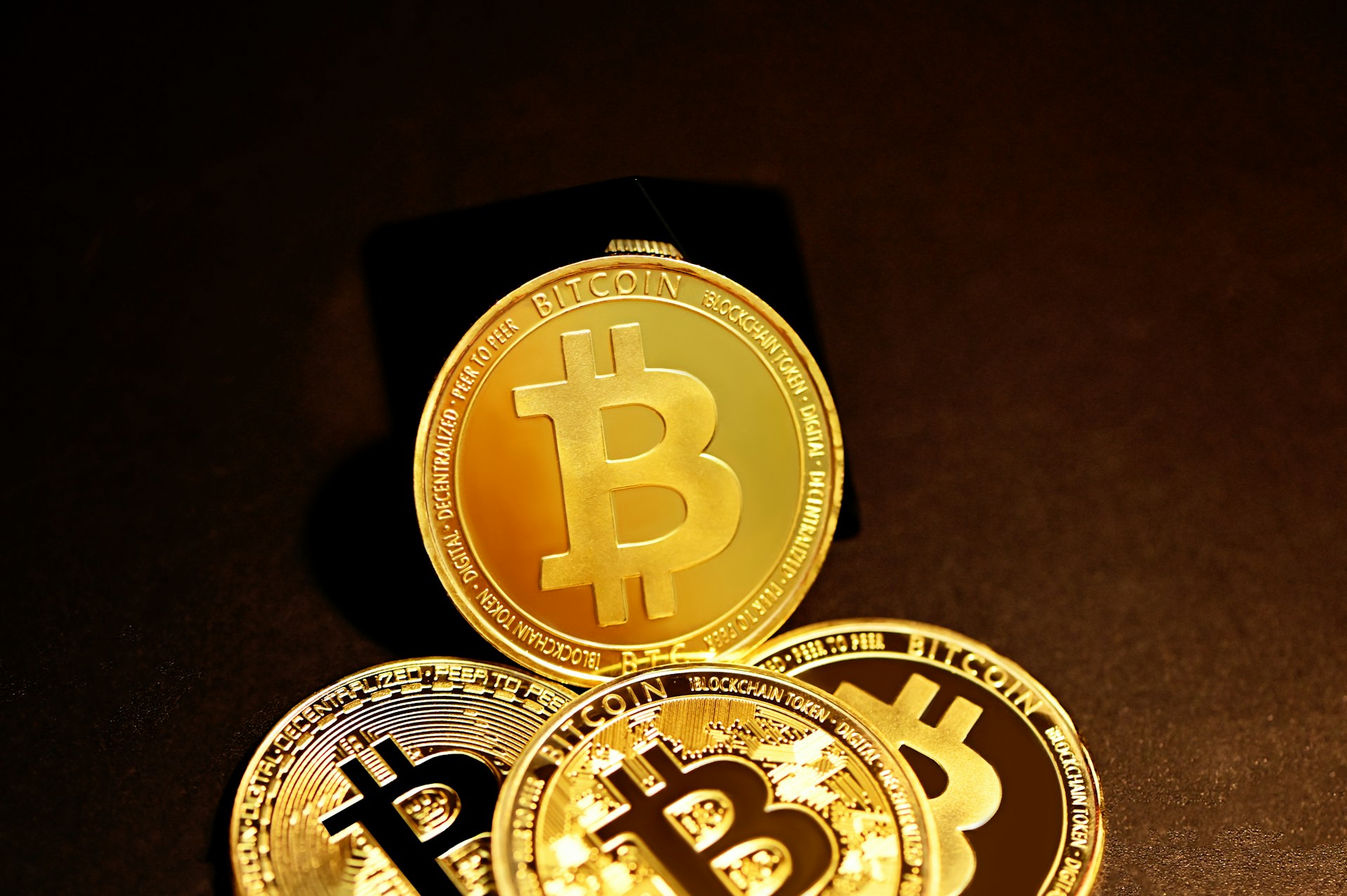ARTICLE AD
The algorithm identifies spoofed addresses by detecting suspicious transfers, such as those with near-zero value or unknown tokens.
Blockchain security researchers from Binance have developed an algorithm that could detect poisoned crypto addresses on both the BNB Smart Chain and Ethereum networks.
Address poisoning is a type of scamming method in the crypto space where threat actors send small amounts of crypto from and address that resembles a victim’s address. The purpose of such an attach is to mislead the targeted user to mistakenly use this fake address for transactions, resulting in funds being sent to a scammer instead of the intended recipient. This attack preys on users’ carelessness, as they may overlook subtle differences in addresses.
A recent incident of address poisoning led to the loss of $71 million worth of Wrapped Bitcoin (wBTC), alarming the crypto industry on the prevalence and scale of damage that such methods could incur. Fortunately, the thief returned the funds on May 13, likely due to the public attention and investigations into their potential Hong Kong-based IP addresses.
Binance’s algorithm identifies spoofed addresses by detecting suspicious transfers, such as those with near-zero value or unknown tokens, pairing them with potential victim addresses, and timestamping malicious transactions to pinpoint the potential point of poisoning. The spoofed addresses are then registered in the database of Web3 security firm HashDit, Binance’s security partner, to help protect the wider crypto industry from these scams.
Address poisoning scams can be difficult to detect, as most traders only verify the first and last digits of the wallet’s 42 alphanumeric characters, and most protocols only display these digits. Scammers also use vanity address generators to customize their addresses, making them appear less random or more similar to a given address.
The information on or accessed through this website is obtained from independent sources we believe to be accurate and reliable, but Decentral Media, Inc. makes no representation or warranty as to the timeliness, completeness, or accuracy of any information on or accessed through this website. Decentral Media, Inc. is not an investment advisor. We do not give personalized investment advice or other financial advice. The information on this website is subject to change without notice. Some or all of the information on this website may become outdated, or it may be or become incomplete or inaccurate. We may, but are not obligated to, update any outdated, incomplete, or inaccurate information.
Crypto Briefing may augment articles with AI-generated content created by Crypto Briefing’s own proprietary AI platform. We use AI as a tool to deliver fast, valuable and actionable information without losing the insight - and oversight - of experienced crypto natives. All AI augmented content is carefully reviewed, including for factural accuracy, by our editors and writers, and always draws from multiple primary and secondary sources when available to create our stories and articles.
You should never make an investment decision on an ICO, IEO, or other investment based on the information on this website, and you should never interpret or otherwise rely on any of the information on this website as investment advice. We strongly recommend that you consult a licensed investment advisor or other qualified financial professional if you are seeking investment advice on an ICO, IEO, or other investment. We do not accept compensation in any form for analyzing or reporting on any ICO, IEO, cryptocurrency, currency, tokenized sales, securities, or commodities.

 8 months ago
46
8 months ago
46 

